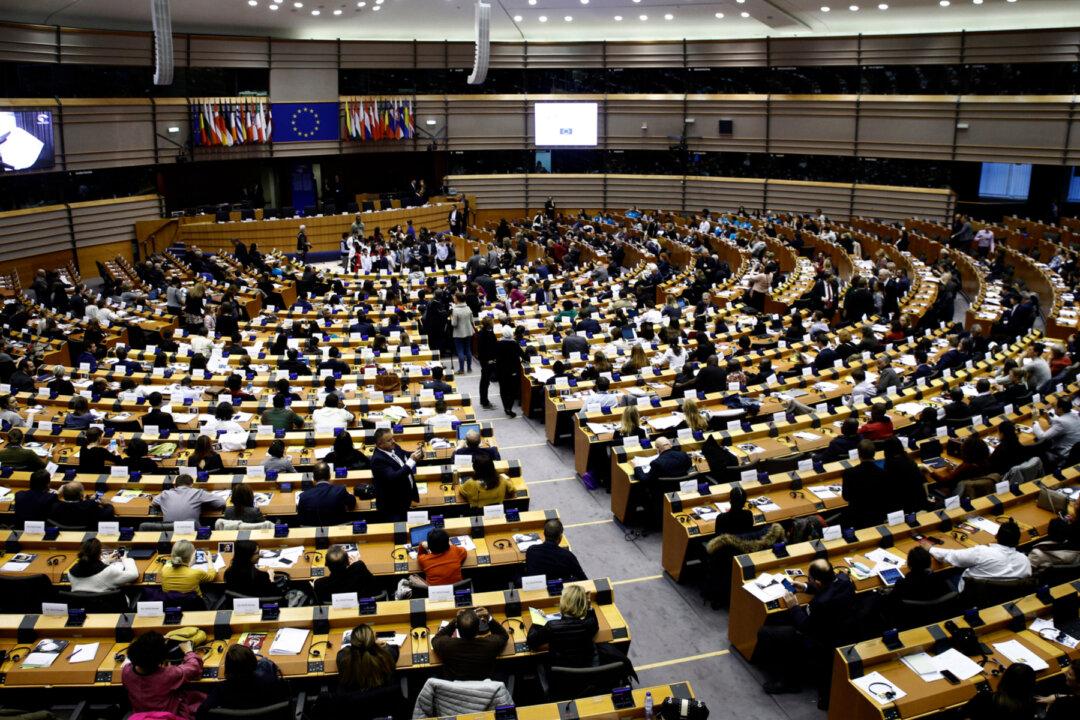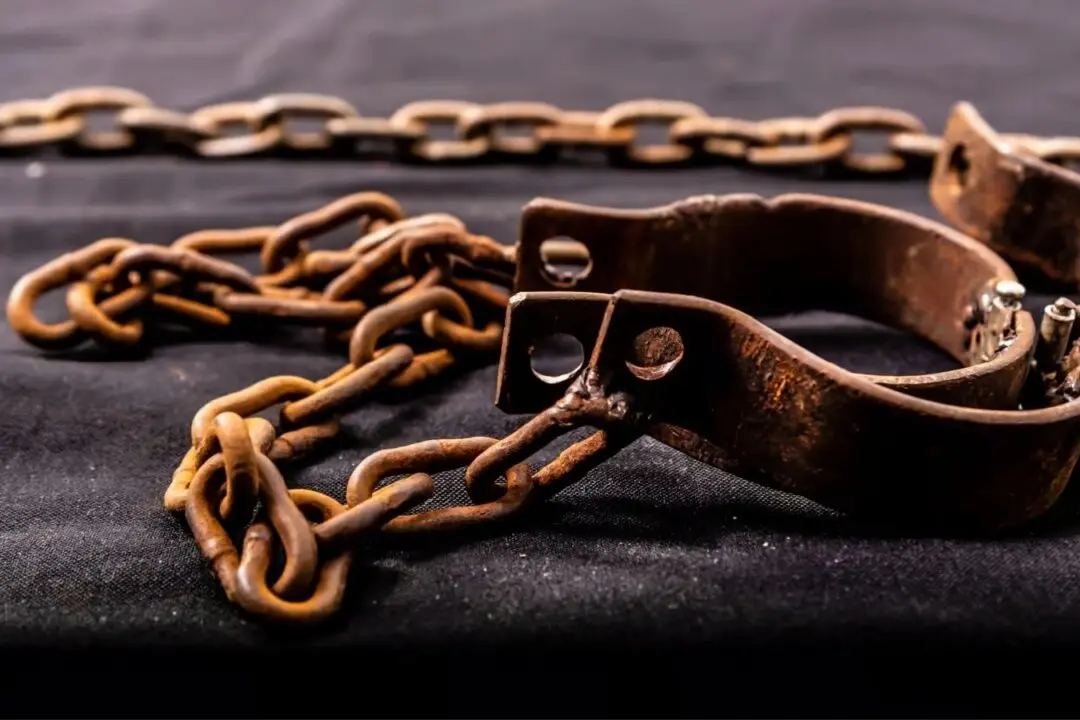Commentary
In the 1940s, ordinary young people threw themselves en masse onto beaches raked with machine gun fire, flew into clouds of flak, and died, to stop fascism and totalitarianism. They were imperfect, they committed their own crimes, some were there for hate, some abused and murdered. But most were ordinary people, from ordinary jobs in ordinary towns and suburbs, who agreed to fight so that others would be free to choose their own path.





